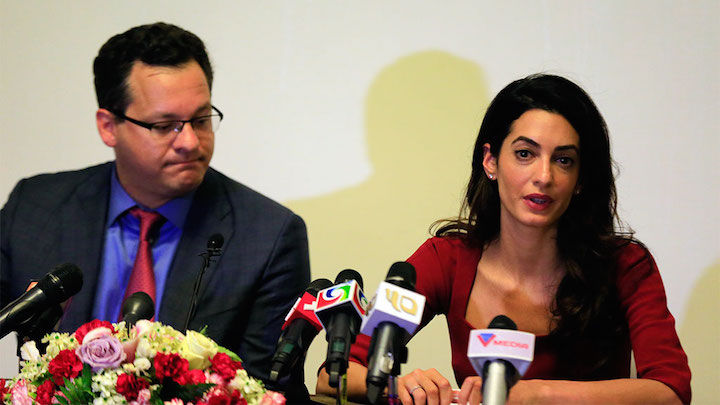US urged to impose targeted sanctions against Maldives officials
President Abdulla Yameen’s repressive rule, “blind-eye” to religious extremism, and pervasive human rights abuses, which include the jailing of former President Mohamed Nasheed, “constitute an extraordinary threat to US national security and foreign policy,” renowned campaign group Freedom Now has said.

13 Jan 2016, 09:00
Freedom Now, a renowned Washington-based campaign group for political prisoners, has urged the United States government to impose targeted financial sanctions and travel bans against top Maldivian officials accused of human rights abuses.
President Abdulla Yameen’s repressive rule, “blind-eye” to religious extremism, and pervasive human rights abuses, including the jailing of former President Mohamed Nasheed, “constitute an extraordinary threat to US national security and foreign policy,” the NGO said.
President Barack Obama could therefore exercise authority granted to him by the International Emergency Economic Powers Act and issue an executive order imposing asset freezes, the NGO said Tuesday in a 30-page report.
Freedom Now’s founder Jared Genser, who also represents Nasheed, said: “We have been incredibly grateful for the strong support of the United States both to secure President Nasheed’s freedom and to address the rapidly deteriorating rights situation.
Become a member
Get full access to our archive and personalise your experience.
Already a member?
Discussion
No comments yet. Be the first to share your thoughts!
No comments yet. Be the first to join the conversation!
Join the Conversation
Sign in to share your thoughts under an alias and take part in the discussion. Independent journalism thrives on open, respectful debate — your voice matters.




